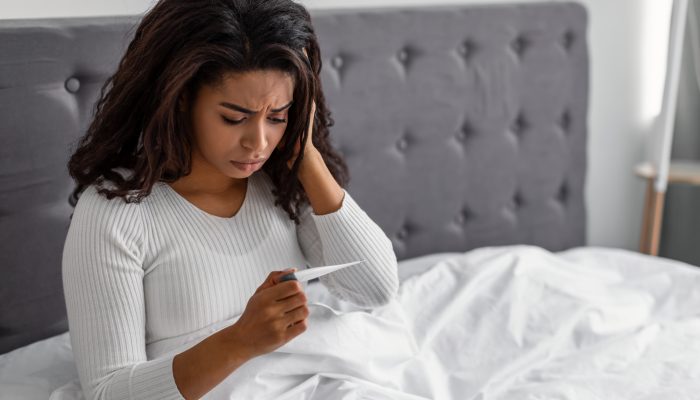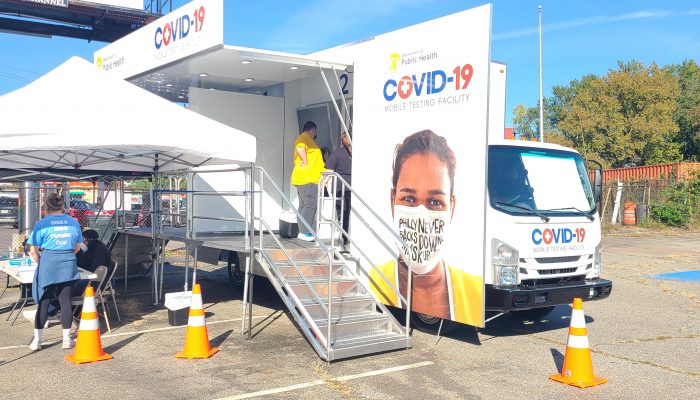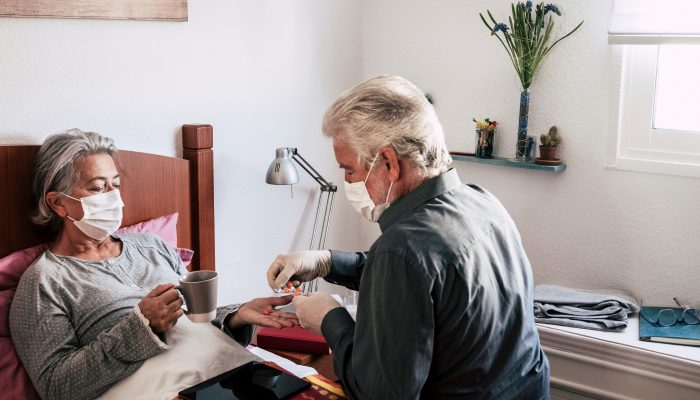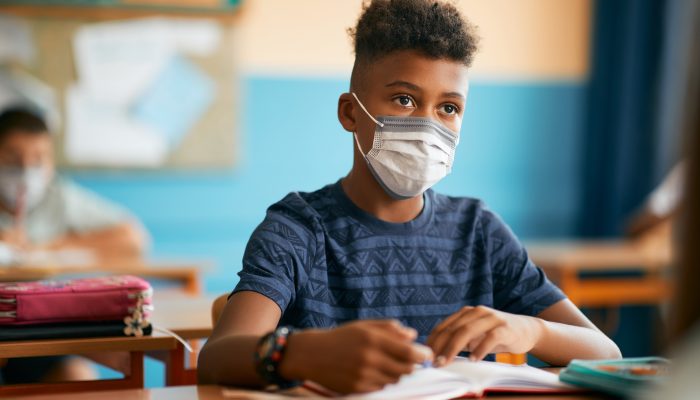This guidance applies to the general public. It does not apply to:
- Healthcare workers.
- People who work or live-in congregate settings.
- Schools, daycares, and other childcare settings.
- Confinement facilities.
COVID-19 cases are once again rapidly increasing in Philadelphia, driven by the Omicron variant. People who are diagnosed with COVID are most likely to infect others in the first five days after symptoms start or they test positive if they don’t have symptoms. Recently, the CDC has updated how long they recommend people isolate or quarantine. For the most detailed information on both isolation and quarantine, read the CDC’s full guidance here.
Anyone who develops symptoms, regardless of vaccination status, should get tested immediately and isolate until you receive your test results. See our map of testing sites.
Certain employees who work at least 40 hours a year in Philadelphia can earn sick leave and use it for isolation and/or quarantine or may use unpaid sick leave. An employer is required in the City of Philadelphia to allow you to isolate or quarantine if infected or are a close contact to an individual who is infected.
Quarantine
Quarantine means that you should stay home and limit your contact with other people. Wear a mask whenever you’re near someone else, including people in your home.
You do not need to quarantine if you came into close contact with someone with COVID-19, if you:
- Are 18 years or older and received all recommended vaccine doses, including boosters .
- Are 5-17 years old and completed the primary series of COVID-19 vaccines.
- Had confirmed COVID-19 within the last 90 days (you tested positive using a viral test).
Instead, wear a well-fitting mask around others for 10 days.
You should get tested at least 5 days after you last had close contact with someone with COVID-19. If you test positive or develop COVID-19 symptoms, follow recommendations for isolation.
You should quarantine if you came into close contact with someone with COVID-19, if you:
- Are 18 years or older and completed the primary series of recommended vaccine, but have not received a recommended booster shot when eligible.
- You are not vaccinated or have not completed a primary vaccine series.
The date of your exposure is considered day zero. The quarantine period is now 5 days after your last contact with a person who has COVID-19.
If you do not develop symptoms, get tested at least 5 days after you last had close contact with someone with COVID-19. If you test negative, you can leave your home, but continue to wear a well-fitting mask when around others until 5 days after your last close contact with someone with COVID-19.
Isolation
Isolation means that you should stay in a separate room from others in your home, use a separate bathroom if you can, avoid contact with other household members and pets, and do not share personal items, including utensils, cups, and towels.
If you’re told that you have COVID and should isolate, you can notify your contacts so they know to watch for symptoms and can start quarantining.
Isolate for 5 days after you first had symptoms (or got tested if you had no symptoms). If you develop symptoms after your test, your isolation should begin again when the symptoms start. After 5 days, you can stop isolation if your symptoms have improved, and you’ve been fever-free for 24 hours without fever-reducing medicines like Tylenol or ibuprofen.
Continue to wear a mask around others for an additional 5 days. Do not go to places where you are unable to wear a mask, such as restaurants and some gyms, and avoid eating around others at home and at work until 10 days after the day of your positive test.




